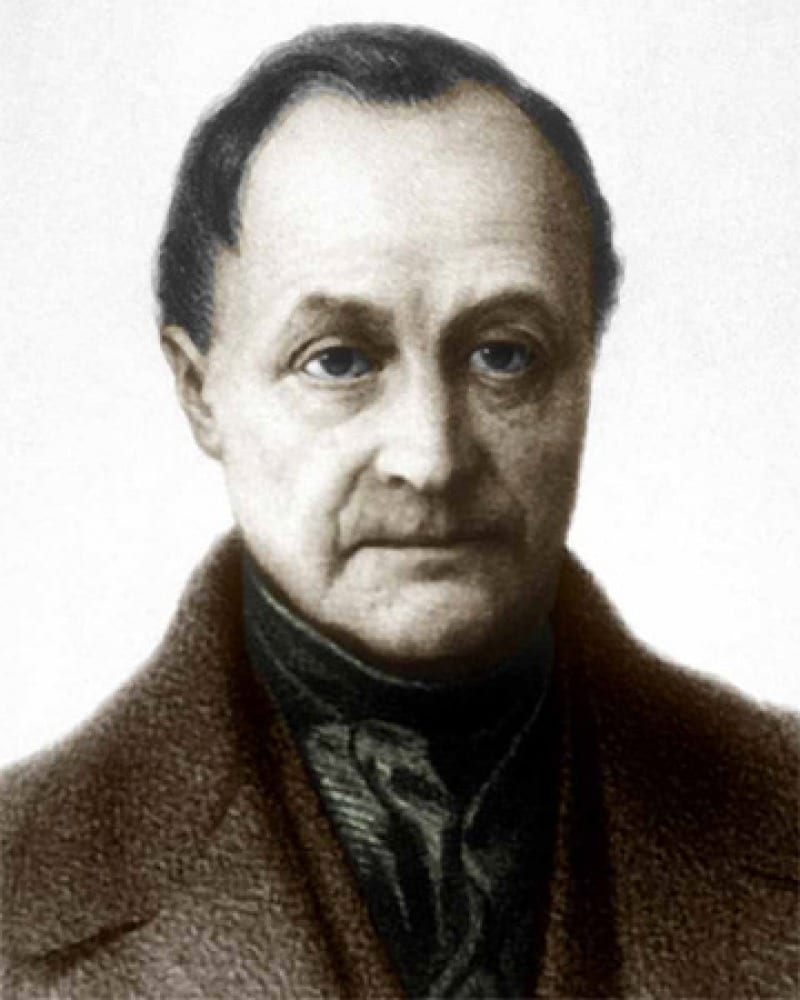Bennett thinks that moral judgments depend on nonmoral facts and these judgments can be broken down into making/allowing, direct/mediated, actual/probable, and intended/foreseen. The facts can be analysed by identifying the components of a moral sentence like “he hurt Gwendolin” and the manner in which he hurt her can be put into these four categories: 1) the conduct has certain upshot as a consquence 2) is positive or active making rather than allowing or passive 3) does not involve a mediated causal chain 4) conforms to stability condition and Bennett says the only that matters is probability of the consequence. He states that he is an expressivist, injunctivist, and nonrealist, and these beliefs are formed by each person’s nature/nurture. Consistency is his practical goal since these are powerful concepts and significantly affect the way we behave. Its important to unite your theory by high level (identifying which universalizable moral concepts you have) because if you make a judgment that is not universalized in your higher level morality then it is coming from your lower level morality and this is hard to make consistent.
Since humans have pretty uniform preferences but also have a critical thinking ability, they should use 1) their thought out principles when they don’t have time to think through and 2) use higher level principles when prima principles from 1 conflict or there are unusual cases or where utility can be maximized.
So Bennett is a rule Utilitarian of the Hare sort: “Hare’s criterion of universalizability combines the intuitiveness of the traditional Golden Rule (do unto others what you would have them do unto you — you imagine yourself in the others’ shoes) with the precision of the philosophers’ condition of universalizability (when doing so, you are to imagine yourself having the others’ preferences rather than your own). So one way to think of Hare’s view is as providing a secular defense of the Golden Rule (one based on the logic of moral judgments rather than divine authority) and an argument to the conclusion that the Golden Rule, properly understood, implies preference utilitarianism.”
